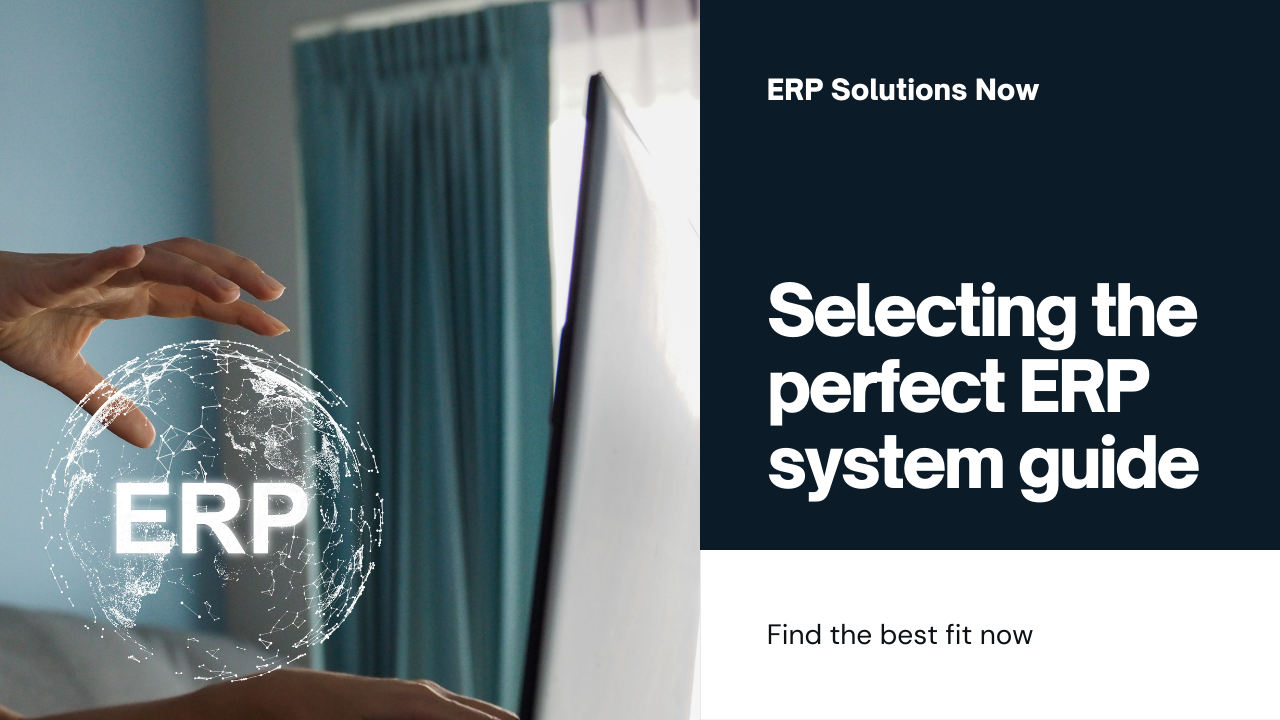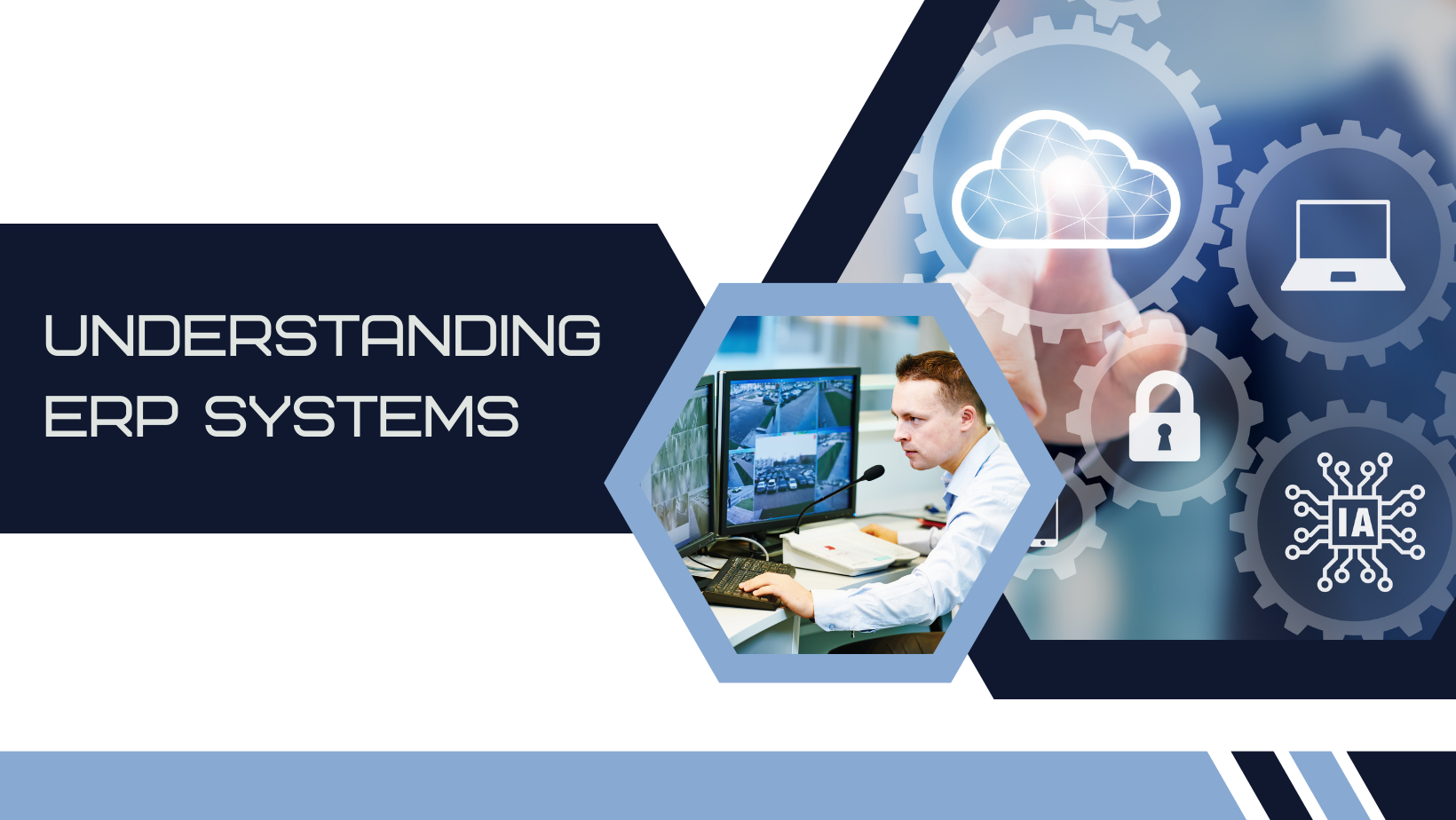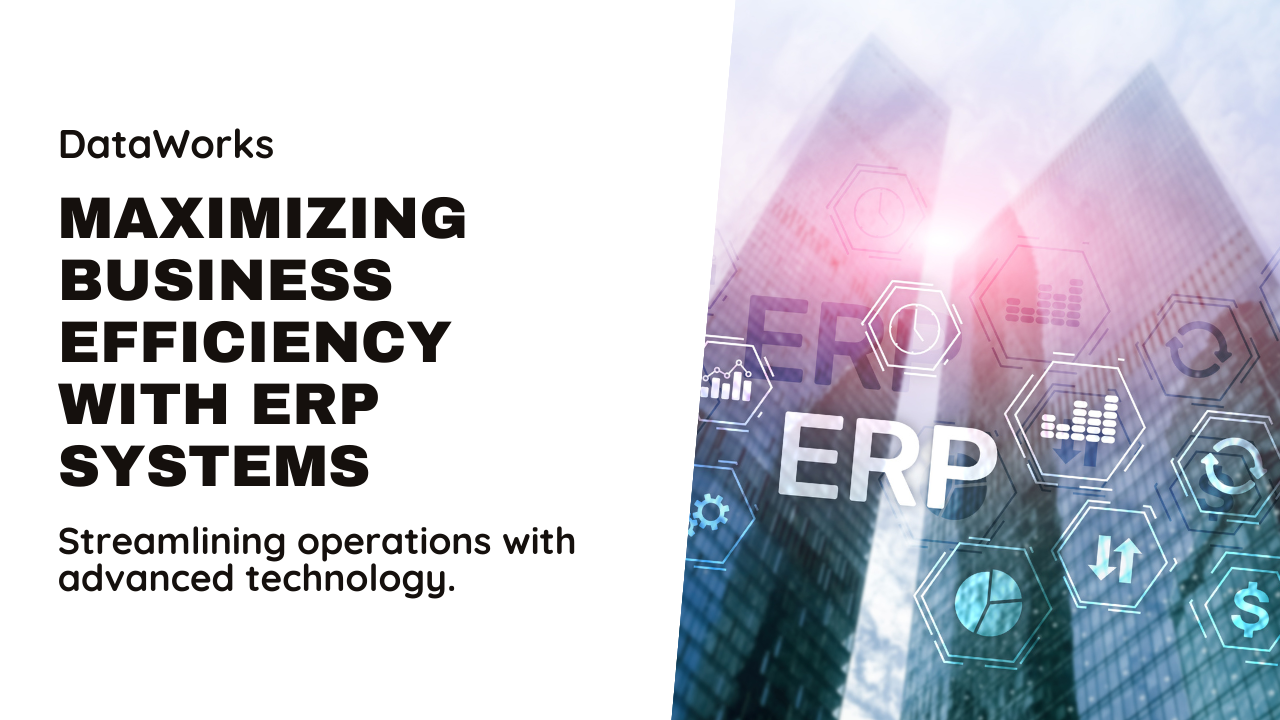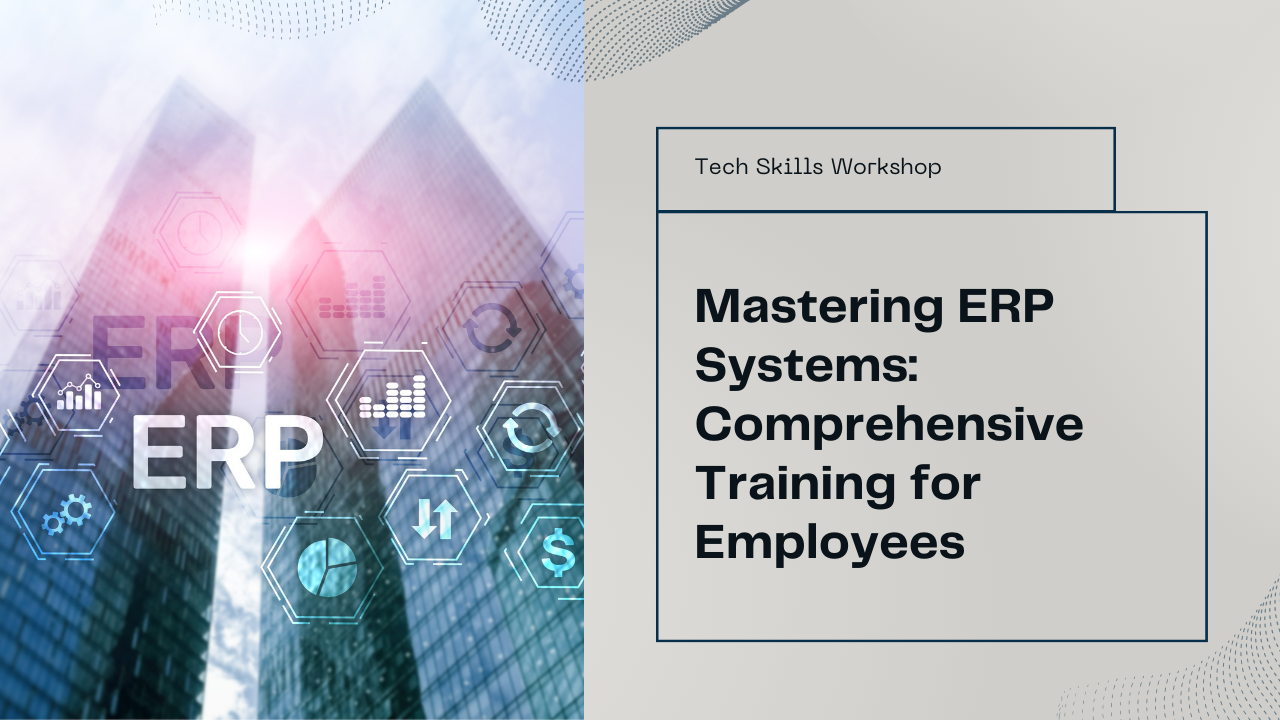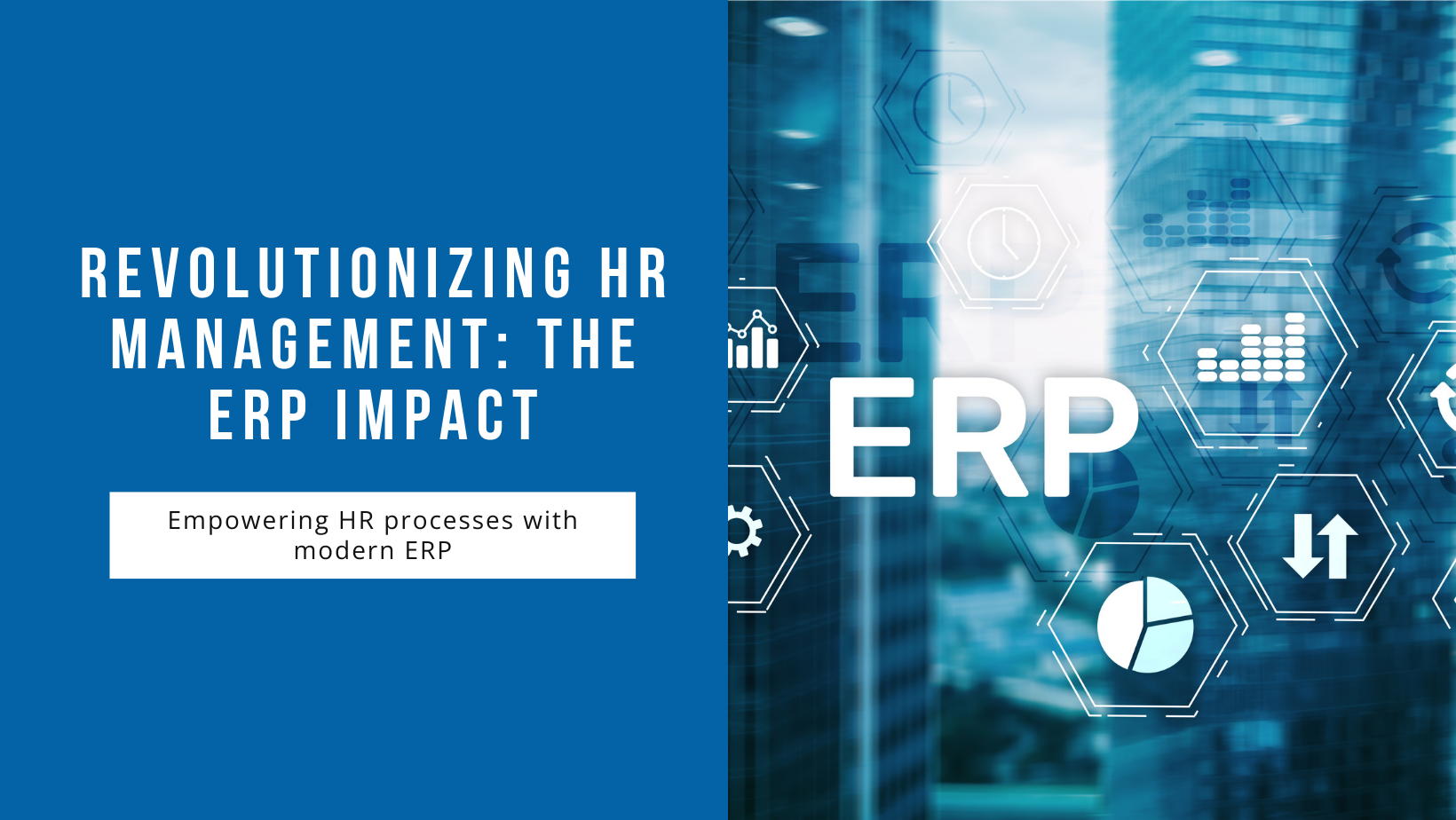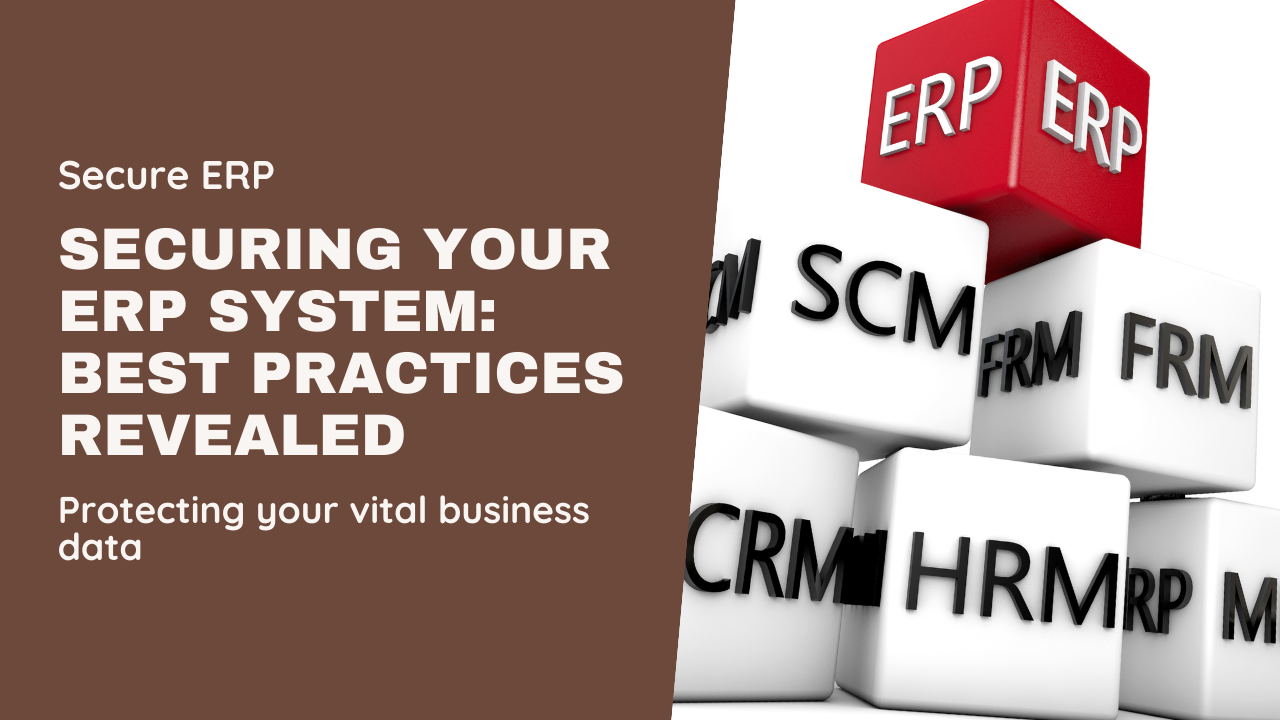Choosing the right Enterprise Resource Planning (ERP) system is a critical decision for any organization aiming to streamline operations, enhance efficiency, and drive growth. With a plethora of options available, selecting an ERP system that aligns with your business needs, budget, and strategic goals requires careful consideration and planning. This guide outlines key factors to consider and steps to take when evaluating and choosing the right ERP system for your organization.
Assess Your Business Needs and Objectives
Before embarking on your ERP selection journey, it’s crucial to conduct a thorough assessment of your organization’s current processes, pain points, and long-term objectives. Engage stakeholders across departments to identify specific challenges that an ERP system can address, such as inefficient workflows, data silos, scalability issues, or compliance requirements. Define clear goals and desired outcomes for implementing an ERP solution, whether it’s improving operational efficiency, enhancing data visibility, or supporting growth initiatives.
Understand Different Types of ERP Systems
ERP systems come in various types, each catering to different industries, business sizes, and functional requirements. Common types of ERP systems include:
**1. ** On-Premises ERP: Traditional ERP solutions installed and maintained on-site, offering complete control over data security and customization but requiring substantial upfront investment in hardware, infrastructure, and IT resources.
**2. ** Cloud-Based ERP: Hosted on remote servers and accessed via the internet, cloud ERP solutions offer scalability, flexibility, and lower upfront costs through subscription-based pricing models. Ideal for businesses seeking rapid deployment, real-time updates, and remote accessibility.
**3. ** Industry-Specific ERP: Tailored ERP solutions designed to meet specific industry needs, regulations, and operational workflows. Industry-specific ERPs often include pre-configured modules and compliance features relevant to sectors such as manufacturing, healthcare, retail, or finance.
**4. ** Open-Source ERP: Community-developed ERP software offering flexibility for customization and cost-effectiveness but requiring internal IT expertise for implementation, maintenance, and support.
Consider Functional Requirements and Modules
Evaluate the core functionalities and ERP modules essential for your business operations. Common ERP modules include:
**1. ** Finance and Accounting: Manage financial transactions, budgeting, forecasting, and regulatory compliance.
**2. ** Human Resources (HR): Automate payroll, benefits administration, employee management, and talent acquisition.
**3. ** Manufacturing and Production: Optimize production planning, inventory management, quality control, and supply chain logistics.
**4. ** Supply Chain Management (SCM): Streamline procurement, vendor management, inventory tracking, and order fulfillment processes.
**5. ** Customer Relationship Management (CRM): Enhance customer interactions, sales forecasting, marketing campaigns, and customer service operations.
**6. ** Business Intelligence (BI) and Reporting: Generate real-time insights, performance analytics, dashboards, and KPI monitoring for informed decision-making.
Prioritize ERP functionalities aligned with your industry-specific requirements, operational workflows, and growth strategies. Seek ERP vendors offering customizable modules, integration capabilities with existing systems, and scalability to accommodate future business expansion.
Evaluate Vendor Reputation and Support Services
Choosing a reputable ERP vendor is as critical as selecting the right software solution. Research ERP vendors based on industry expertise, customer reviews, case studies, and vendor stability. Consider factors such as:
**1. ** Vendor Experience: Assess vendor experience in serving businesses similar in size, industry, and geographical location. Verify references and customer testimonials to gauge vendor reliability and service quality.
**2. ** Implementation and Support: Inquire about the vendor’s implementation methodology, timeline, training programs, and ongoing support services post-implementation. Ensure the vendor offers comprehensive training resources, user documentation, and responsive customer support to minimize disruptions and maximize ROI.
**3. ** Scalability and Future Roadmap: Evaluate the vendor’s commitment to product innovation, software updates, and compatibility with emerging technologies. Discuss future roadmap features, scalability options, and flexibility to accommodate evolving business needs and regulatory changes.
Conduct Demos, Trials, and Stakeholder Feedback
Engage in ERP demos, product trials, and hands-on workshops to experience the software’s usability, interface intuitiveness, and functionality firsthand. Involve key stakeholders from different departments—finance, IT, operations, and management—in evaluating ERP demos to gather diverse perspectives and ensure alignment with departmental requirements. Collect stakeholder feedback on usability, customization options, integration capabilities, and overall user satisfaction to inform your final ERP selection decision.
Plan for Data Migration and Change Management
Prepare a comprehensive data migration strategy and change management plan to facilitate a smooth transition to the new ERP system. Collaborate with ERP vendors and internal IT teams to outline data mapping, cleansing, and migration processes while minimizing downtime and data integrity risks. Implement change management practices, user training programs, and communication strategies to educate employees, mitigate resistance to change, and promote ERP adoption across the organization.
Conclusion
In conclusion, choosing the right ERP system requires careful evaluation of business needs, functional requirements, vendor capabilities, and implementation strategies. By conducting thorough assessments, exploring diverse ERP options, and engaging stakeholders in the decision-making process, organizations can select an ERP solution that drives operational efficiency, supports strategic growth initiatives, and enhances overall business performance. Invest in a trusted ERP partner committed to your success, providing scalable solutions, ongoing support, and innovative capabilities to future-proof your business in a competitive marketplace.
